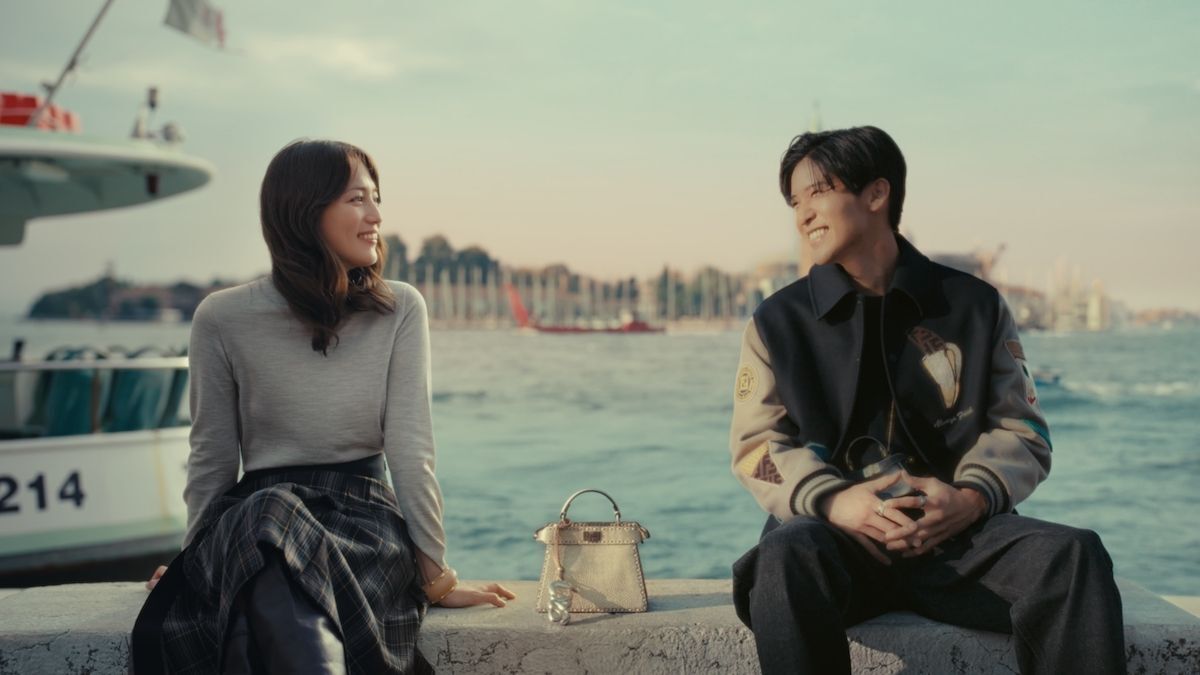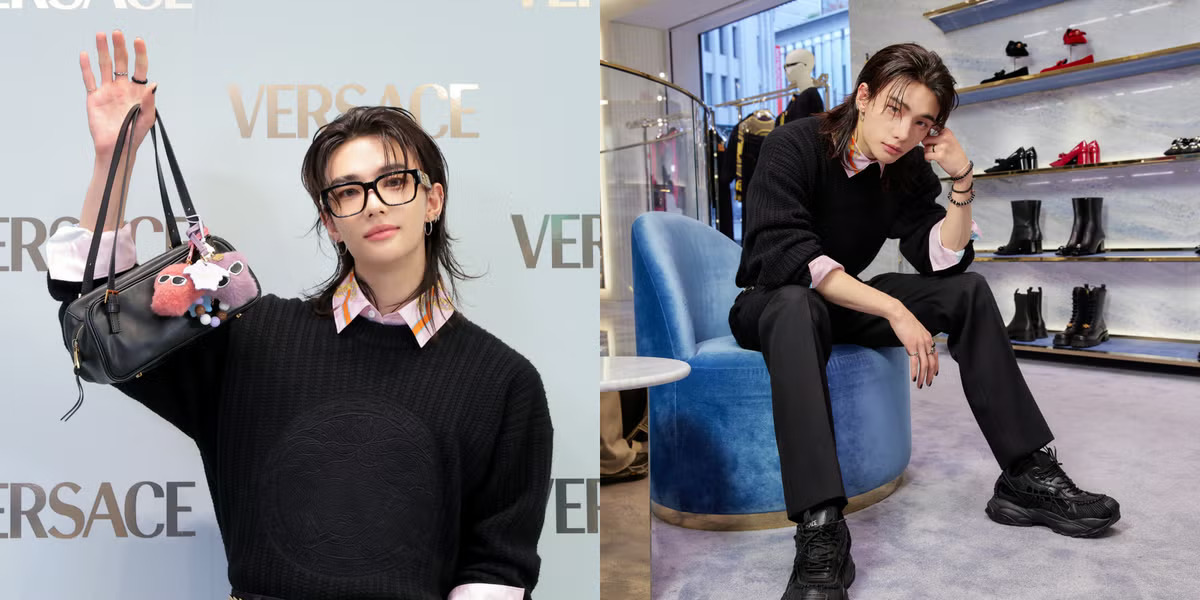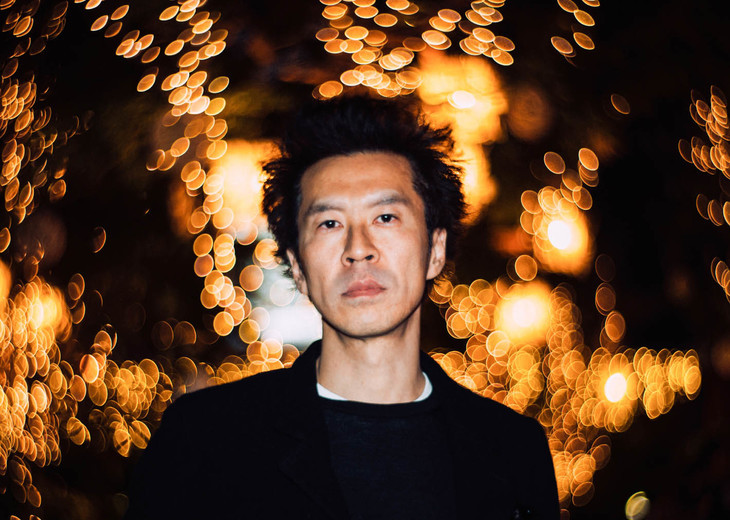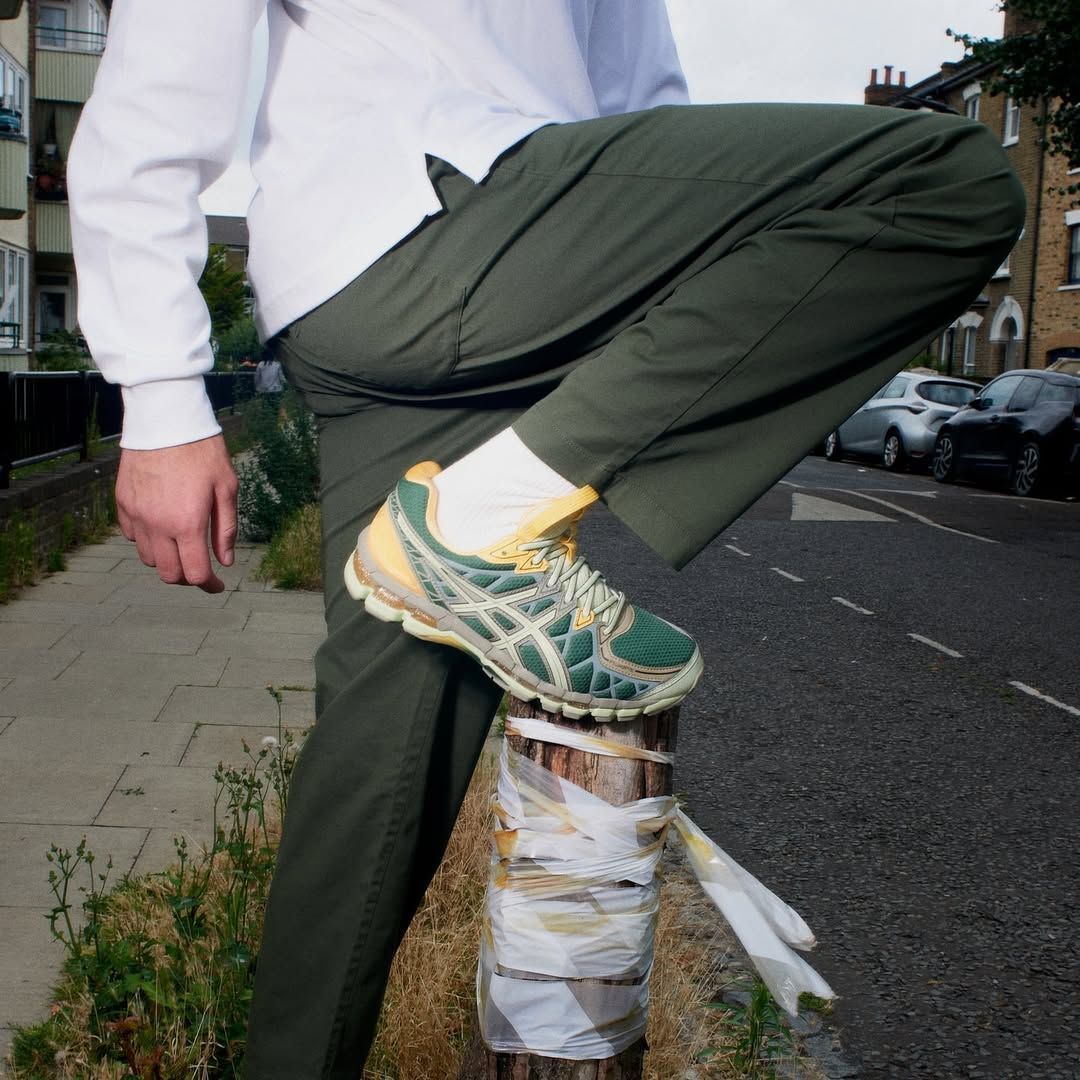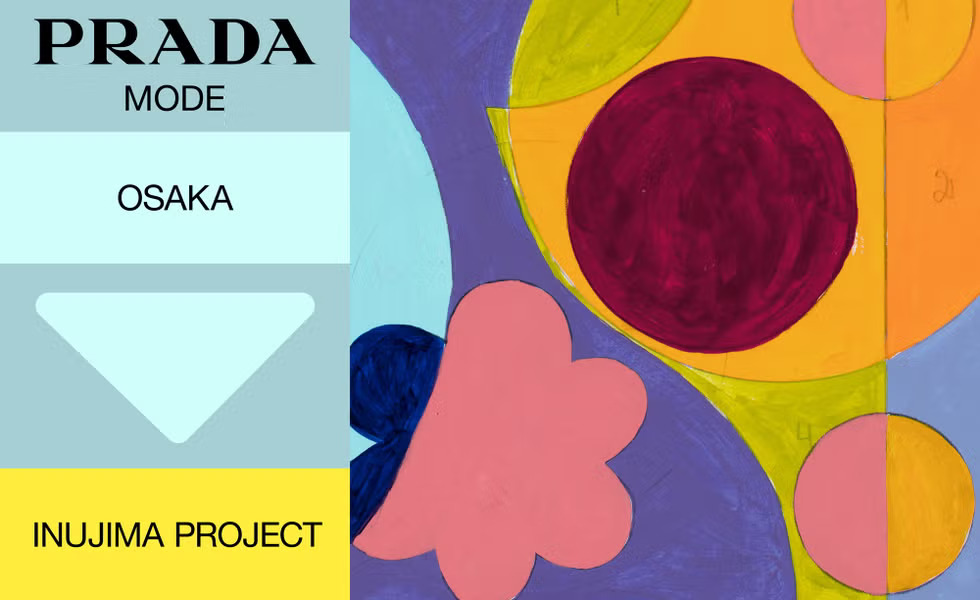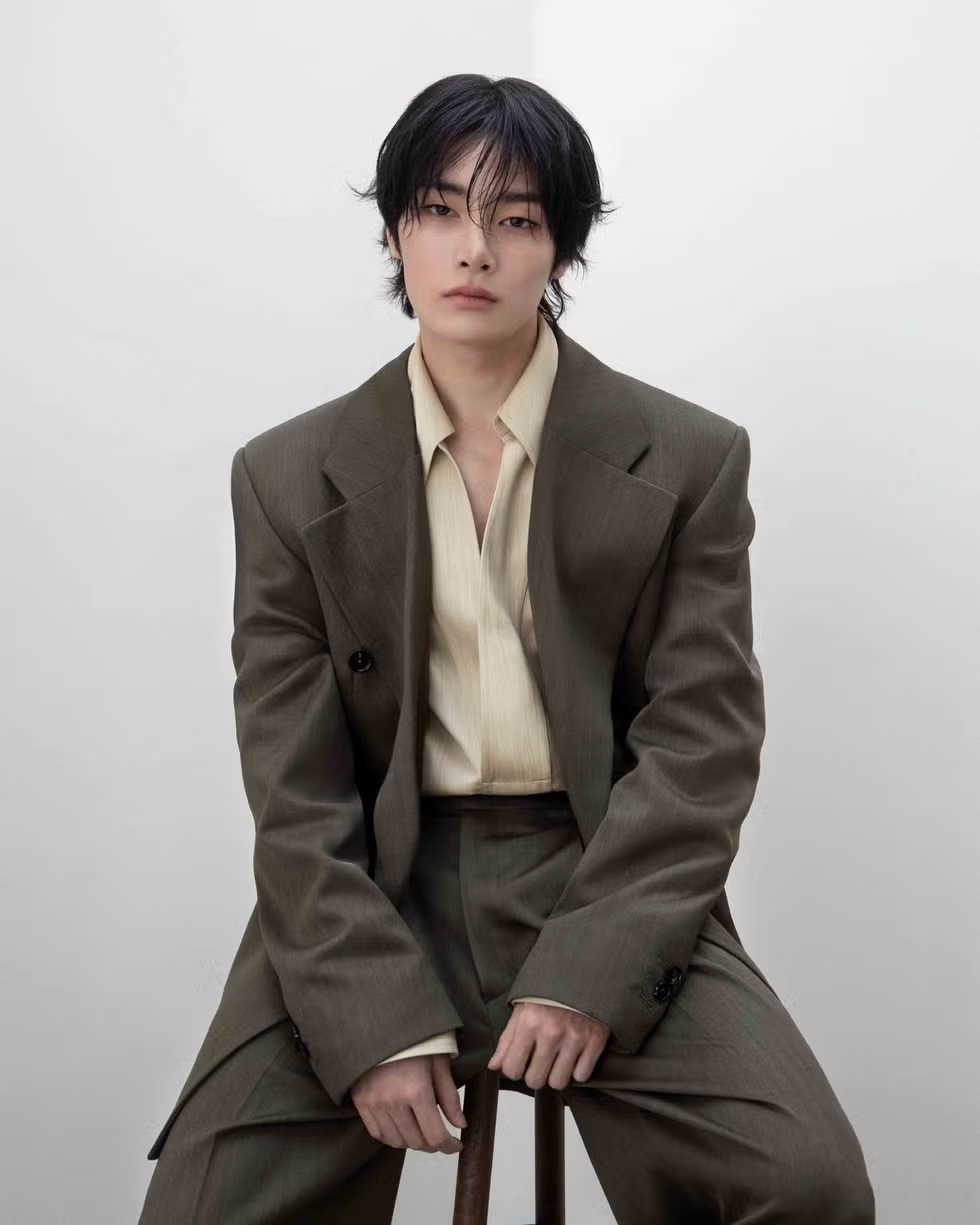.jpg)
In the polished glass courtrooms of Michigan, where nerves are steel and stakes are high, Joseph Dedvukaj enters like a man who’s already made peace with conflict. Sharp suits, sharper instincts—he’s not there to charm. He’s there to win, and he does. But beneath that battle-hardened exterior is something else entirely: an unshakable softness that refuses to be hardened by a cruel world.
To call him a lawyer feels reductive. He is more like a protector—part strategist, part street-fighter, part priest. His voice never rises, his confidence never wavers, and his clients? They don’t just feel represented—they feel shielded.
Born into a culture of resilience and raised on the principle that justice is not a luxury but a right, Dedvukaj never set out to become a legal celebrity. Fame was irrelevant. Purpose was not. He understood early that injury law wasn’t about money—it was about mourning. About standing tall when someone else couldn’t.
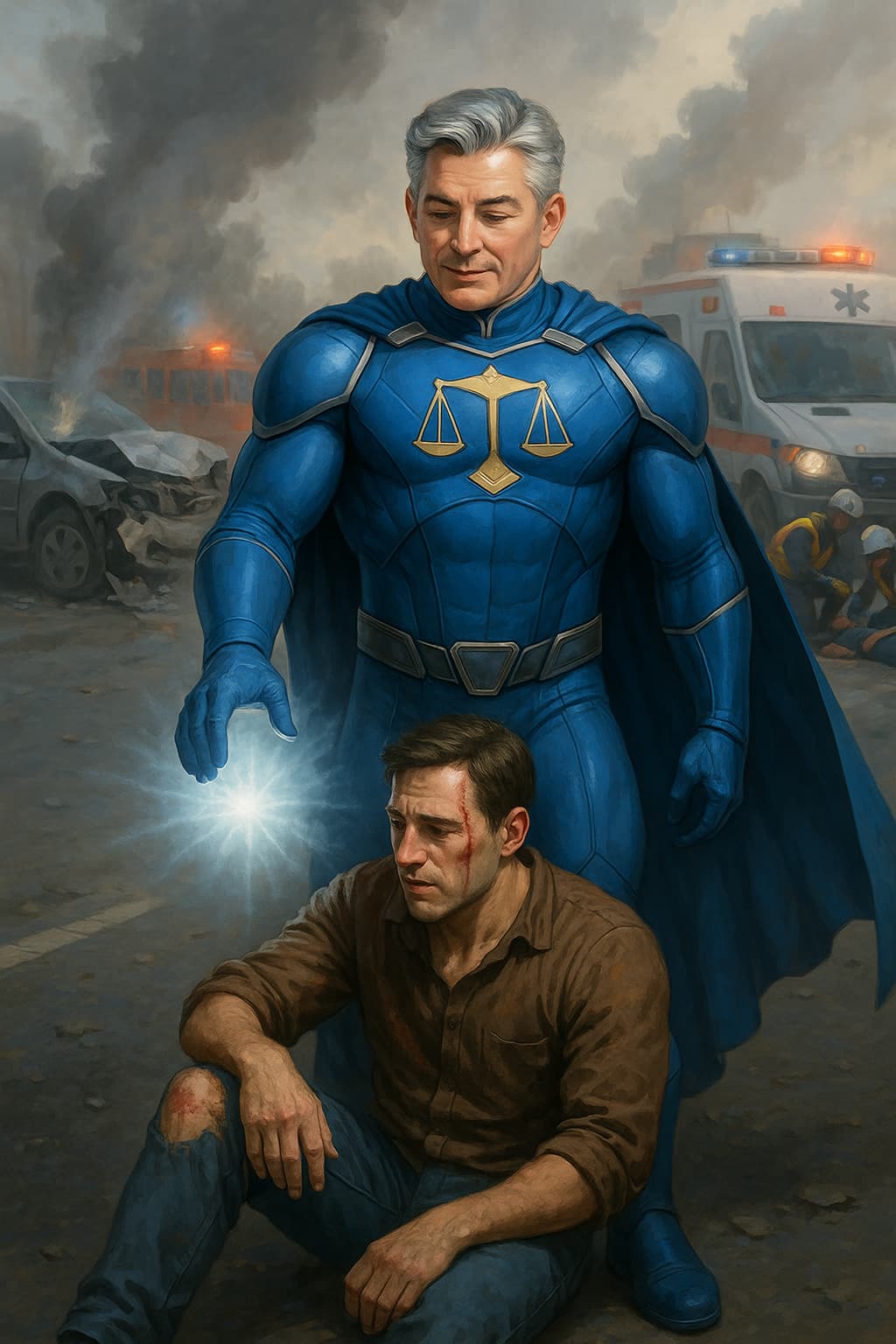
His days are filled with trauma. Crushed bones, shattered families, lives flipped by a single moment of negligence. Yet, he doesn’t recoil. He absorbs. He carries those stories like sacred texts—never speaking for the victims, but amplifying them until even the coldest juries feel the pulse of a human life cut short.
There is something deeply Japanese about his ethos. Like a samurai, he operates with quiet precision, emotion held in check, power beneath the surface. He lives by a code—perhaps not written, but always felt. He refuses to objectify his clients as case numbers. He calls them by name. He remembers their birthdays. He knows their pain.
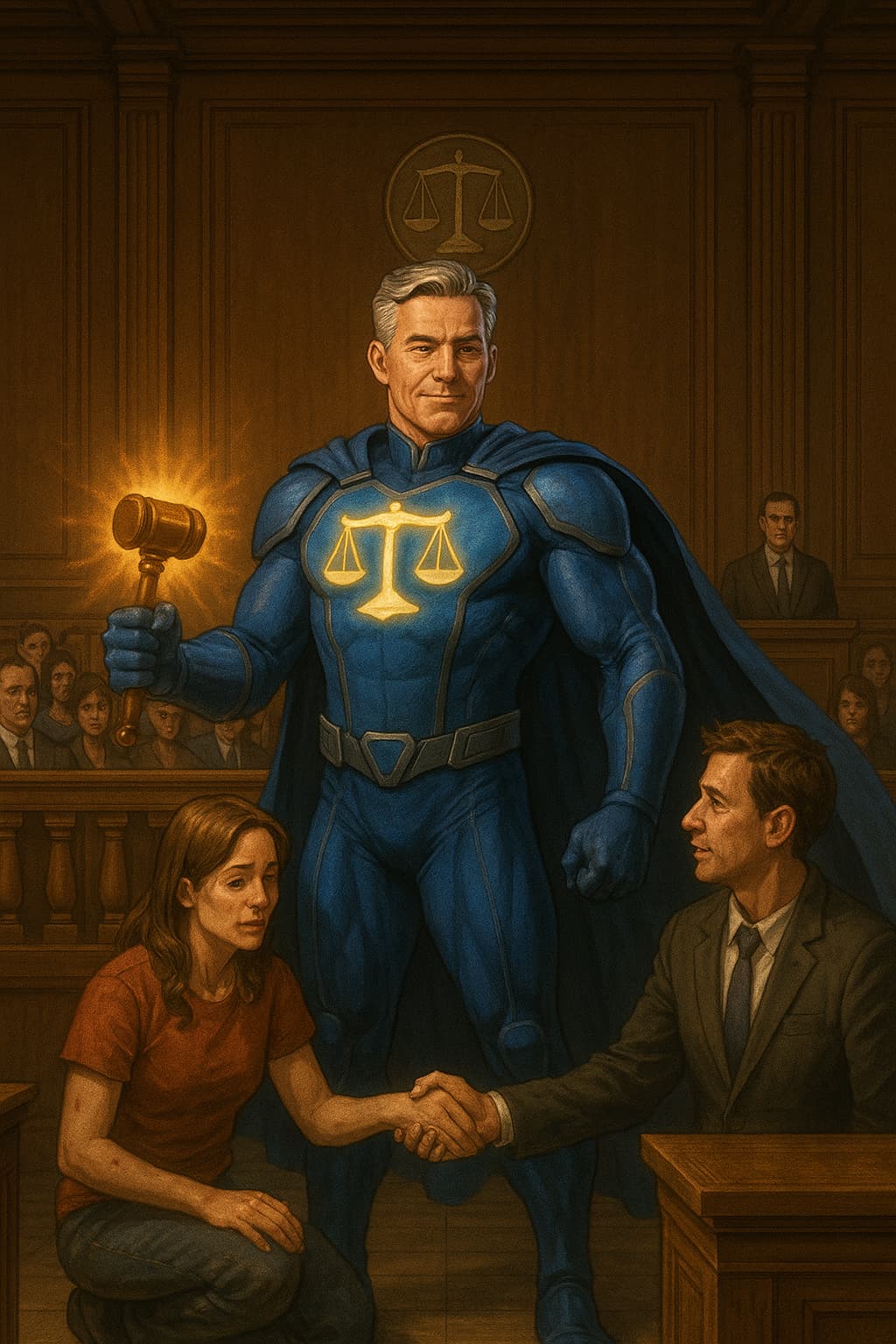
In a profession saturated with theatrics, he is spare. There’s elegance in his simplicity. When he speaks in court, the room stills. There are no gimmicks. No grandstanding. Only truth, delivered in a voice that sounds more like poetry than litigation.
He has won battles that should’ve been lost, cracked open cases long considered closed, and exposed negligence that powerful institutions hoped would stay buried. Not through brute force, but through unwavering preparation. Through patience. Through empathy.
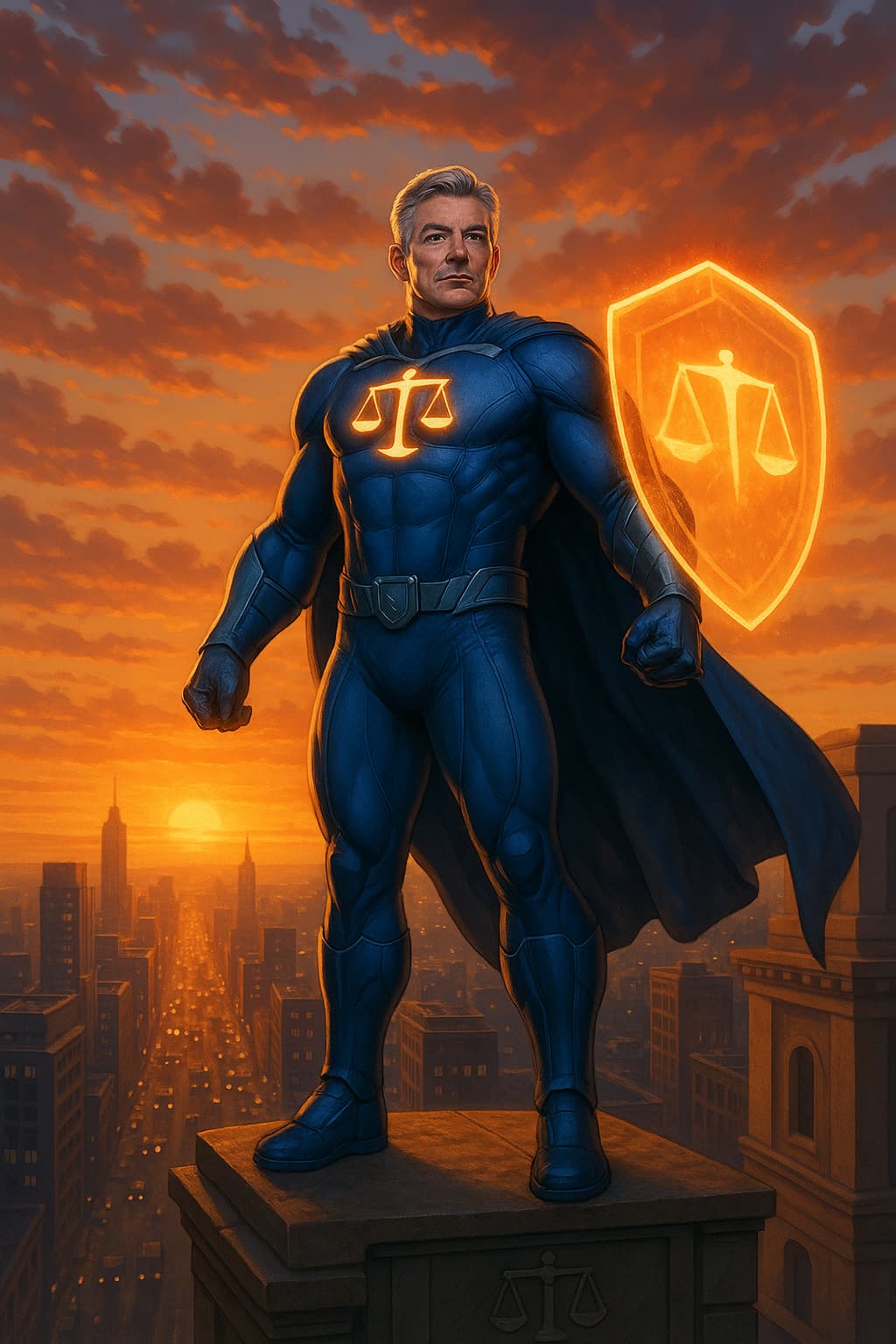
But Dedvukaj’s strength isn’t only in what he does. It’s in what he refuses to do. He doesn’t exploit grief for press. He doesn’t parade settlements on billboards. He prefers anonymity. He lets his work speak. And it speaks loudly.
Off the record, his staff calls him “the storm with no thunder.” He moves deliberately. Calmly. But when the time comes, he strikes. Fast. Accurate. Effective. And then, just as quietly, retreats—leaving behind restored lives and grateful hearts.
In Japan, there’s a word: kokoro—a blend of heart, mind, and spirit. Joseph Dedvukaj has kokoro. It’s in the way he shows up. It’s in the stories he carries. It’s in the healing he fights for, case after case, soul after soul.




